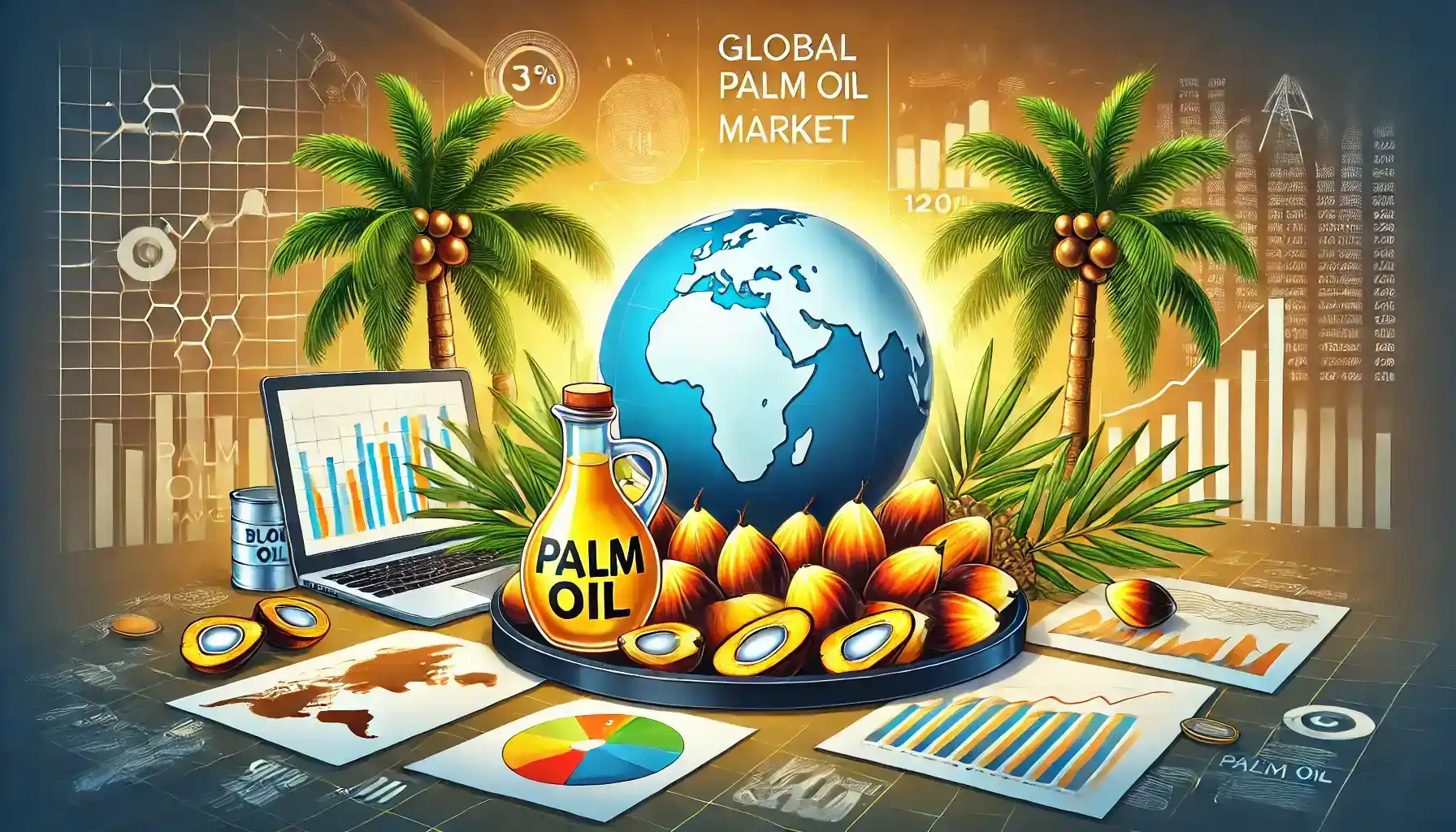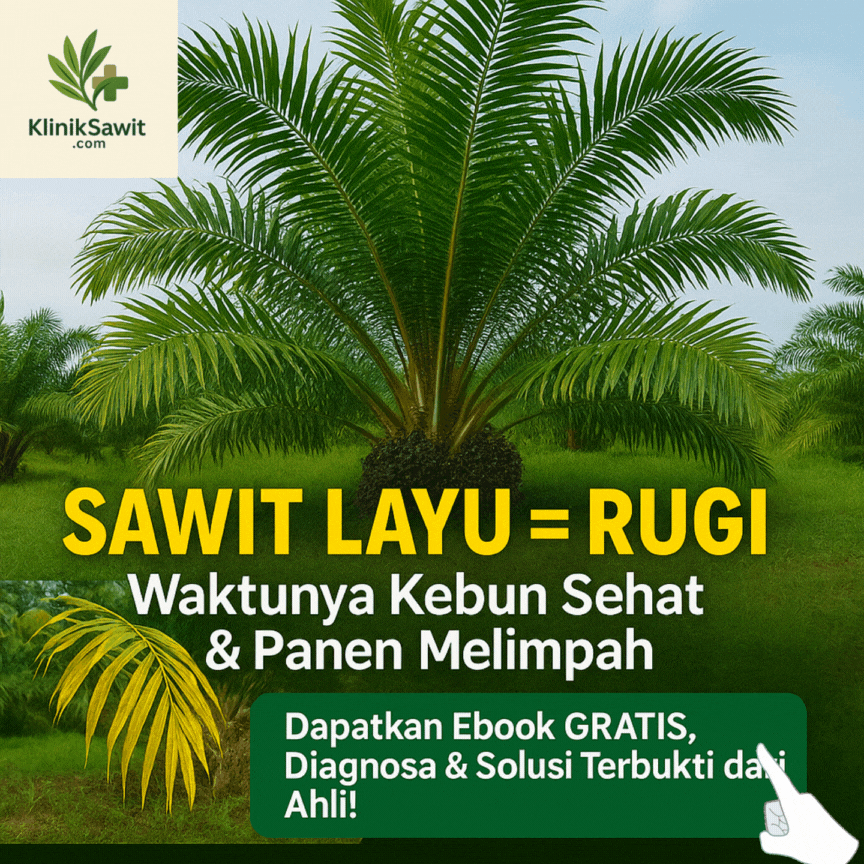Global Issues Surrounding Palm Oil: Challenges and Opportunities
Palm oil is a product with a paradoxical reputation. On one hand, it is a key ingredient in countless products, from food to cosmetics, and an important source of income for millions of farmers worldwide. On the other hand, it’s often criticized for its environmental impact, including deforestation, loss of biodiversity, and contribution to climate change.
As global demand for palm oil continues to rise, so do the challenges associated with its production. This article explores the major global issues surrounding palm oil, the progress being made, and the opportunities for a more sustainable future.
1. Deforestation and Biodiversity Loss
The Issue
Palm oil plantations are often linked to deforestation, particularly in tropical regions like Southeast Asia, Africa, and South America. Clearing forests for plantations destroys habitats for endangered species such as orangutans, tigers, and elephants.
Progress and Solutions
- Sustainable Certification: Initiatives like the Roundtable on Sustainable Palm Oil (RSPO) promote responsible farming practices that minimize environmental harm.
- Agroforestry: Combining palm oil trees with other crops or natural vegetation can reduce the ecological footprint.
- Legislation: Countries like Indonesia and Malaysia are introducing stricter regulations to limit deforestation.
Why It Matters
Biodiversity is crucial for maintaining healthy ecosystems. Addressing deforestation ensures the survival of species and stabilizes ecosystems that benefit us all.

2. Climate Change and Greenhouse Gas Emissions
The Issue
The conversion of peatlands and forests into palm oil plantations releases significant amounts of carbon dioxide and methane into the atmosphere, contributing to global warming.
Progress and Solutions
- Restoration of Peatlands: Efforts are underway to rehabilitate degraded peatlands and adopt water management systems that prevent their drainage.
- Renewable Energy: Palm oil waste, such as palm kernel shells, is being used as bioenergy to offset fossil fuel consumption.
- Carbon Credits: Farmers participating in carbon credit programs are incentivized to adopt practices that reduce emissions.
Why It Matters
Reducing emissions from palm oil farming is a critical step in combating climate change and meeting global climate goals.
3. Labor Rights and Social Issues
The Issue
Palm oil production often involves labor-intensive work, and reports of poor working conditions, child labor, and exploitation have raised significant ethical concerns.
Progress and Solutions
- Worker Protections: Labor laws and enforcement mechanisms are being strengthened in palm oil-producing countries.
- Fair Trade Practices: Certifications like Fair Trade promote better wages and working conditions for farmers and laborers.
- Community Involvement: Encouraging farmers to participate in decision-making fosters equitable growth and development.
Why It Matters
Improving labor rights ensures a sustainable supply chain while empowering communities that depend on palm oil production for their livelihoods.
4. Global Demand and Market Dynamics
The Issue
As a highly versatile oil, palm oil is in high demand for use in food products, biofuels, and cosmetics. However, this demand has created a global supply chain that’s often criticized for lacking transparency and promoting unsustainable practices.
Progress and Solutions
- Consumer Awareness: Shoppers are becoming more informed about sustainable palm oil and demanding responsibly sourced products.
- Diversification: Alternatives such as sunflower, soybean, and coconut oils are being explored to reduce dependency on palm oil.
- Technological Advancements: Blockchain technology is being used to track the supply chain and verify sustainable sourcing.
Why It Matters
Balancing global demand with sustainable practices ensures long-term availability and fair market access for farmers.
Sebagai contoh, daerah dengan curah hujan tinggi mungkin membutuhkan varietas sawit yang lebih tahan terhadap kelembapan. Sementara itu, daerah kering membutuhkan bibit yang mampu bertahan di kondisi minim air. Memahami kebutuhan kebun Anda akan membantu Anda memilih bibit yang benar-benar sesuai.
5. The Role of Smallholder Farmers
The Issue
Smallholder farmers produce about 40% of the world’s palm oil but often lack the resources, knowledge, or market access to adopt sustainable practices.
Progress and Solutions
- Training Programs: NGOs and governments are providing farmers with education on sustainable farming techniques.
- Financial Support: Microloans and subsidies help smallholders invest in better equipment and sustainable practices.
- Cooperative Models: Farmers working together in cooperatives gain better access to resources and markets.
Why It Matters
Empowering smallholders is essential for making sustainability scalable and ensuring equitable growth across the industry.
6. The Push for Sustainability and Innovation
The Issue
The palm oil industry faces increasing pressure from consumers, governments, and environmental groups to become more sustainable while meeting rising demand.
Progress and Solutions
- Sustainable Development Goals (SDGs): Palm oil producers are aligning practices with global goals, such as reducing poverty and ensuring environmental sustainability.
- Biotechnology: Advances in plant genetics are creating higher-yield, disease-resistant palm oil varieties that reduce the need for additional land.
- Waste Utilization: Innovative uses of palm oil waste, such as bioenergy and bioplastics, reduce environmental impact.
Why It Matters
Innovation in sustainability ensures the palm oil industry can thrive without compromising the planet’s future.
Conclusion
The challenges facing the palm oil industry are significant, but so are the opportunities for positive change. Farmers, companies, governments, and consumers all play a vital role in shaping the future of palm oil production.
By supporting sustainable practices, investing in innovation, and empowering communities, the world can harness the benefits of palm oil without sacrificing the environment or human rights. The road ahead requires collaboration and commitment, but the potential rewards, more sustainable and equitable, are worth the effort.


